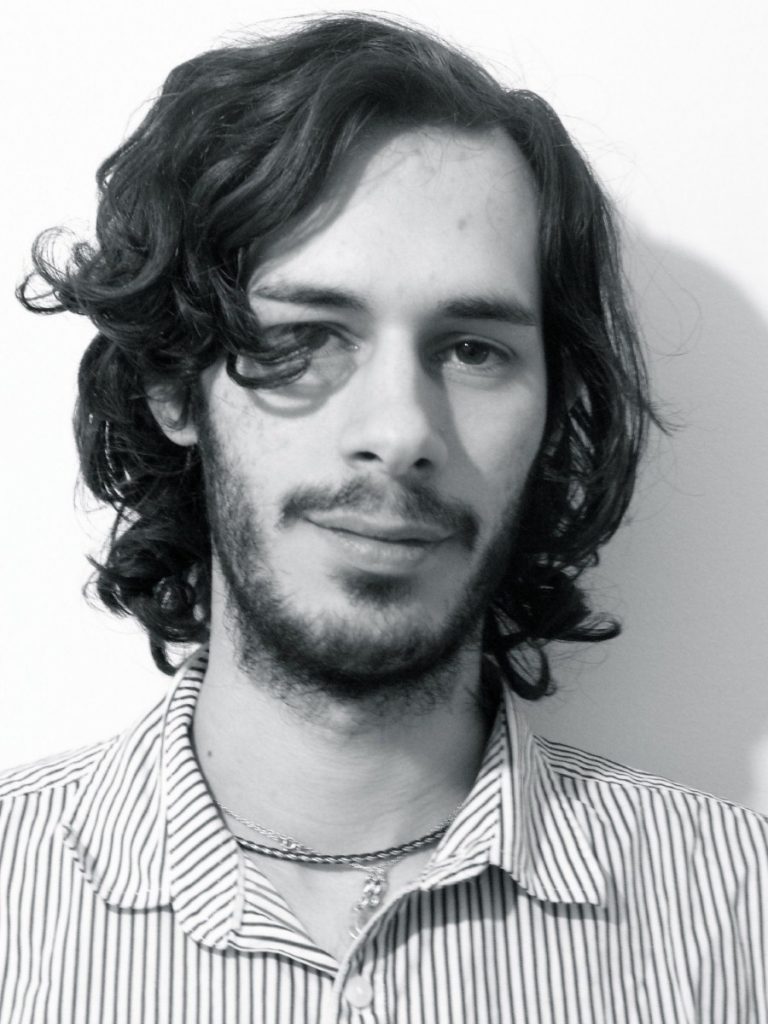Comment: Social media, national security and privacy
If the government is mature enough to approach social media respectfully, it can use it to bolster national security.
By Carl Miller
"I come from cyberspace," Grateful Dead lyricist and cyberpioneer John Perry Barlow famously wrote 16 years ago, "the new home of Mind". In his Declaration of the Independence of Cyberspace the "weary giants of flesh and steel" were warned to "leave us alone". He added: "You are not welcome among us. You have no sovereignty where we gather."
This was an early shot across the bows in a struggle that has gripped the internet since its earliest days: does the internet exist within or outside of governmental control? A powerful and self-consciously revolutionary ideology has existed that has regarded the internet as a precious and fragile opportunity for humankind to evolve beyond nation-states towards post-territorial, self-governing communities; to literally re-draw the social contract. The internet today reflects these founding principles; its universal language – the TCP/IP protocol – embraces an open architecture that distrusts centralised control, allows any computer or network to join, and does not make (nor allow internet service providers to make) judgments about content.


Flash-forward 16 years and in Barlow's words "the sh*t is starting to hit the fan". Powerful voices like Google's Sergey Brin are warning that "very powerful forces have lined up against the open internet on all sides". Hacktivists from Anonymous, Lulzsec, Wikileaks and others have made often embarrassing raids into the online territories of officialdom, whilst in an unprecedented example of online protest the internet briefly blacked out to (successfully) oppose the US anti-piracy bills SOPA and PIPA. John Perry Barlow himself, meanwhile, has promised to find ways to fund activist groups.
In the UK, the question of surveillance on the internet has been the most recent flashpoint. The draft communications bill, announced during the Queen's Speech has, despite few details currently being known, attracted a long queue of critics and detractors. Privacy and civil liberty groups and politicians have condemned the bill as illiberal, intrusive and indiscriminate. Some oppose, in principle, the colonisation and taming of online spaces that such surveillance entails.
A new report released by Demos, #intelligence, is the first attempt to deal with an especially new, contested and fraught aspect of online surveillance: social media. Written by myself, Demos' Jamie Bartlett and the former director of GCHQ Sir David Omand, it lays out a blueprint for how social media intelligence (shorthand: SOCMINT) can become part of the national intelligence framework. It argues that the new digital social commons that now exist represent increasingly significant public spaces and social media intelligence could pay decisive dividends to public security and safety, giving public agencies everything from early warning of public disorder to a better understanding of emerging public concerns. However, like any other form of intelligence, ground rules for the collection and use of SOCMINT must rest on the solid bedrock of democratic legitimacy – a legal basis, a political explanation, parliamentary approval and involvement, adequate oversight, and an informed public.
The way to do this is, first, to recognise the difference between two fundamentally different ways that government can collect SOCMINT. If the SOCMINT collection is consensual, or if the information is accessible to anyone, anonymous, and if there is no suspicion or assumption of wrongdoing, then government should be able to collect SOCMINT like companies or universities. When the government begins to exercise state-specific powers to break through people's privacy settings during the course of an investigation, it must fall within a framework that is animated by a crucial relationship: the more intrusive the SOCMINT intervention, the tighter the circle of agencies that can conduct it, the smaller the number of reasons it can be conducted, and the greater the degree of oversight.
As the battle for the internet continues to rage, any reasonable intervention within it will recognise that a number of concerns and priorities exist, sometimes in legitimate tension. It is possible for the imperative of public safety and security to be balanced and weighted against the free, unfettered flow of information and ideas on the net in a way that is publicly argued and publicly accepted. In the words of the Grateful Dead, "somewhere out there is a land that's cool, where peace and balance are the rule". Unfortunately, it is from a song called Waiting For A Miracle. Let us hope this is not the case.
Carl Miller is an associate of Demos working on social media, the internet and security. He is the co-author of the recent reports #intelligence and Truth, Lies and the Internet.
The opinions in politics.co.uk's Comment and Analysis section are those of the author and are no reflection of the views of the website or its owners.









